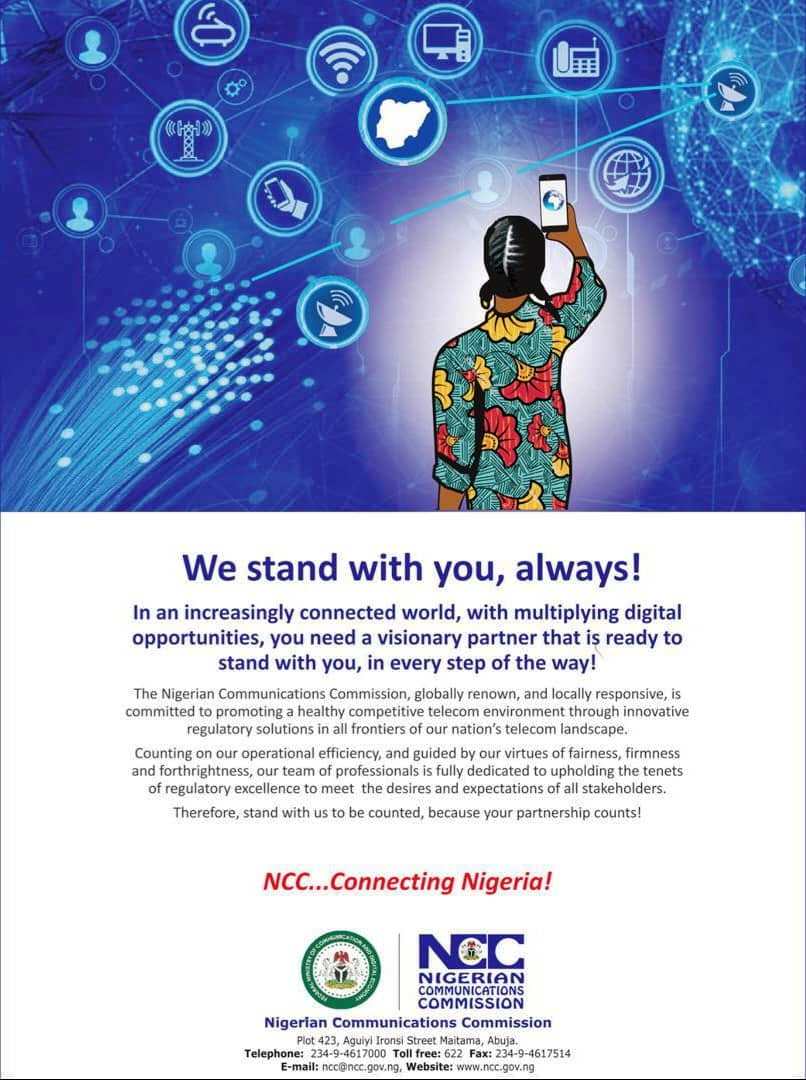ERP as a Catalyst for Digital Transformation and Sustainable Growth for Businesses
Enterprise resource planning (ERP) platforms now anchor the digital operations of modern brands. Across Africa’s fast-growing ICT landscape, these systems are decisive in shaping how companies compete, scale and build resilience. Cloud subscriptions and API-ready architectures let firms bypass years of incremental IT upgrades and land on artificial intelligence-enabled operations. Regional business leaders also increasingly view ERP not as a cost center but as a strategic lever for sustainable growth.
RELATED: The true value of enterprise-wide digitisation
ERP and Its Ascent in Africa
ERP is an integrated suite of applications — supply chain, finance, analytics, human resources — built on a single data model that updates transactions in real time. Because every module writes to the same ledger, teams from Lagos to Nairobi see identical numbers the moment a sales order is posted.
Statista projects Africa’s ERP market to reach revenue of $706.63 million by 2025 and $882.42 million market value by 2030, reflecting a 4.54% compound annual growth rate. SAP’s 2025 Africa outlook ties this growth to African Continental Free Trade Area-driven cross-border trade, a surge in venture funding and the region’s pivot to cloud subscriptions that sidestep legacy hardware costs. These factors turn ERP from a “nice to have” into an operational necessity for companies that want regional scale and transparent governance.
How ERP Accelerates Digital Transformation and Sustainable Growth
A quick transition sets the stage for five high-impact benefits realized across African businesses:
- Unified data foundation: Live dashboards built on a single source of truth could shorten planning cycles and enable predictive analytics previously out of reach for many small entities.
- Scalable cloud economics: Usage-based licenses let a fintech firm in Lagos start small, then add payroll or advanced analytics without reimplementing core processes — critical when cash flow must remain lean.
- Built-in governance and auditability: Modern ERPs can embed local tax and environmental, social, and governance (ESG) controls. Auto-tracking and audit trails create records of every transaction and inventory change, making regulatory audits quicker and more transparent.
- Tech sovereignty and cyber resilience: Policymakers increasingly insist that sensitive ERP data reside on in-region clouds. Calls for stronger African tech sovereignty highlight why CISOs push for local hosting, data encryption and zero-trust architectures within ERP stacks.
- Process efficiency and resource optimization: Integrated production and maintenance scheduling cuts energy waste, reduces downtime, and supports green operations.
ERP Trends to Watch
Most new ERP deployments now start in the cloud, not the server room, therefore enabling the following developments:
- AI-infused workflows: PwC finds that machine learning models embedded in ERP data flows reduced spending, improved performance and spurred innovation.
- Edge-enabled IoT integration: Manufacturers in North and West Africa link shop-floor sensors directly to cloud ERP, enabling real-time quality control and predictive maintenance.
- Composable, low-code extensions: Panorama Consulting reports that many 2025 projects include low-code components, so local developers can bolt on mobile money gateways or country-specific payroll rules in weeks, not months.
Regulators are tightening audit guidelines, and investors want ESG-quality data. ERP platforms answer both demands by collecting granular transactional data in real time. Audit trails ensure nothing escapes documentation. This traceability not only simplifies audits — it underpins accurate sustainability reporting, which is an emerging requirement for access to green finance.
Integration as a Strategy
Digital transformation succeeds when people, data and processes converge on a single, trusted platform. ERP enables that convergence, offering African businesses the strategic infrastructure for scaling sustainably, complying effortlessly and competing globally. The question is no longer whether to adopt ERP but how rapidly companies can align skills and governance to unlock the technology’s full potential.

































